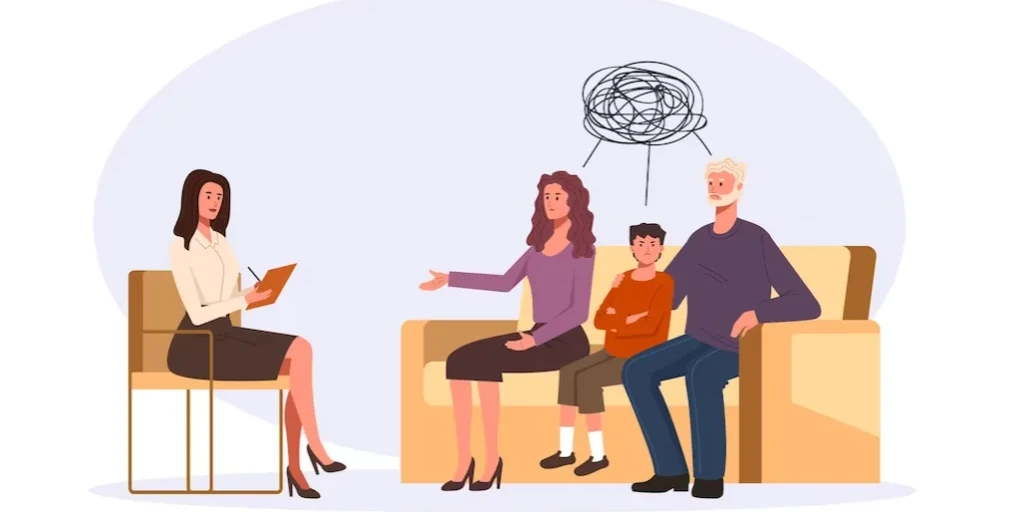24/7 Helpline:
(866) 899-221924/7 Helpline:
(866) 899-2219
Learn more about Codeine Detox centers in Bush
Codeine Detox in Other Cities

Other Insurance Options

Health Choice

Holman Group

Covered California

UMR

Excellus

Providence

Group Health Incorporated

BlueCross

Aetna

Magellan

United Health Care

Regence
Beacon

BlueShield

Anthem

UnitedHealth Group

Optima

CareFirst

American Behavioral

Evernorth













